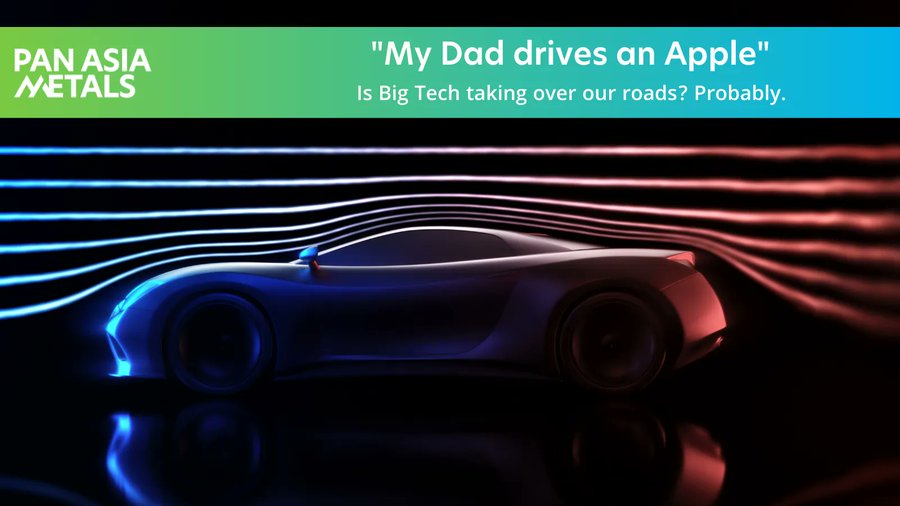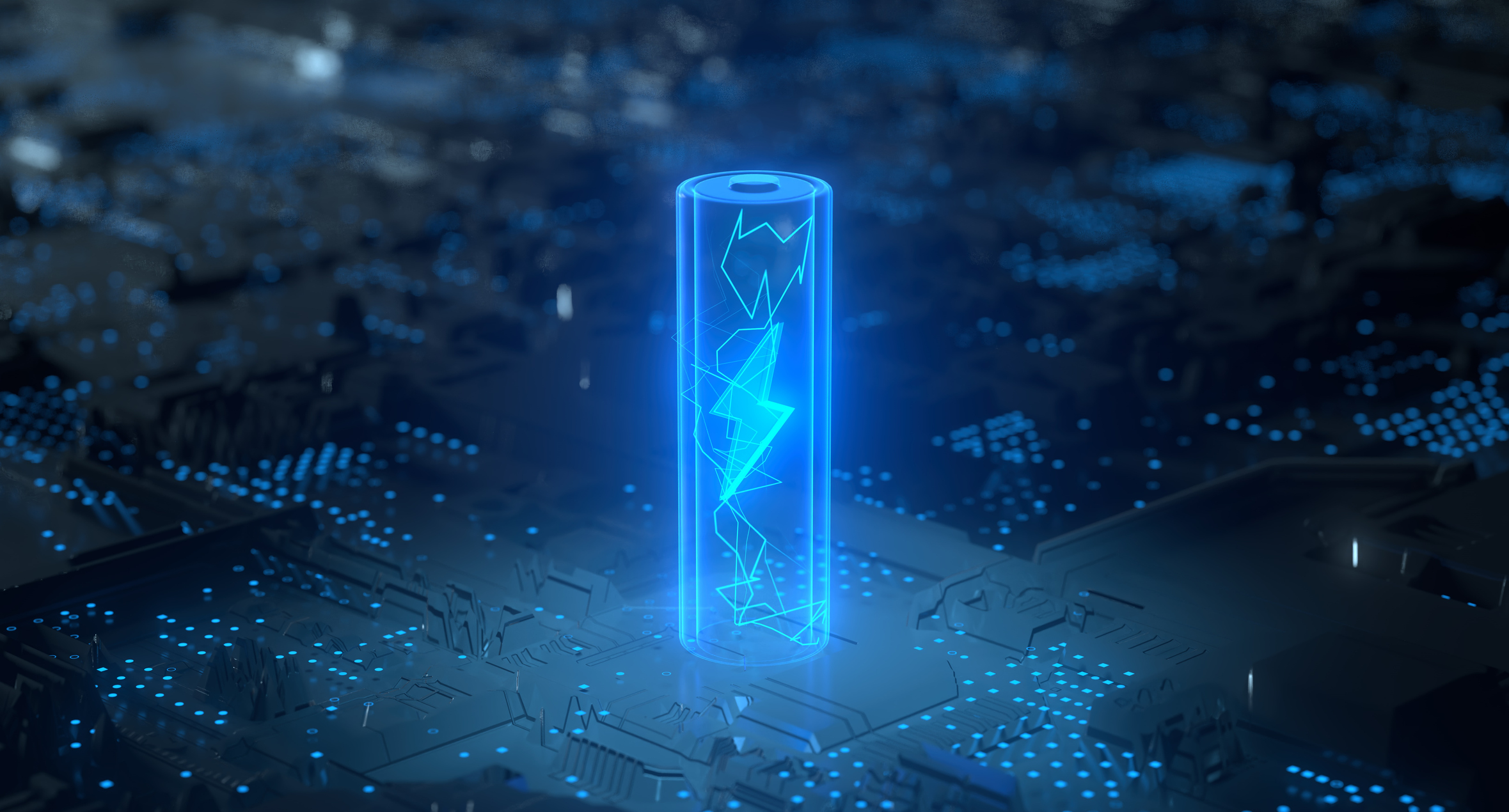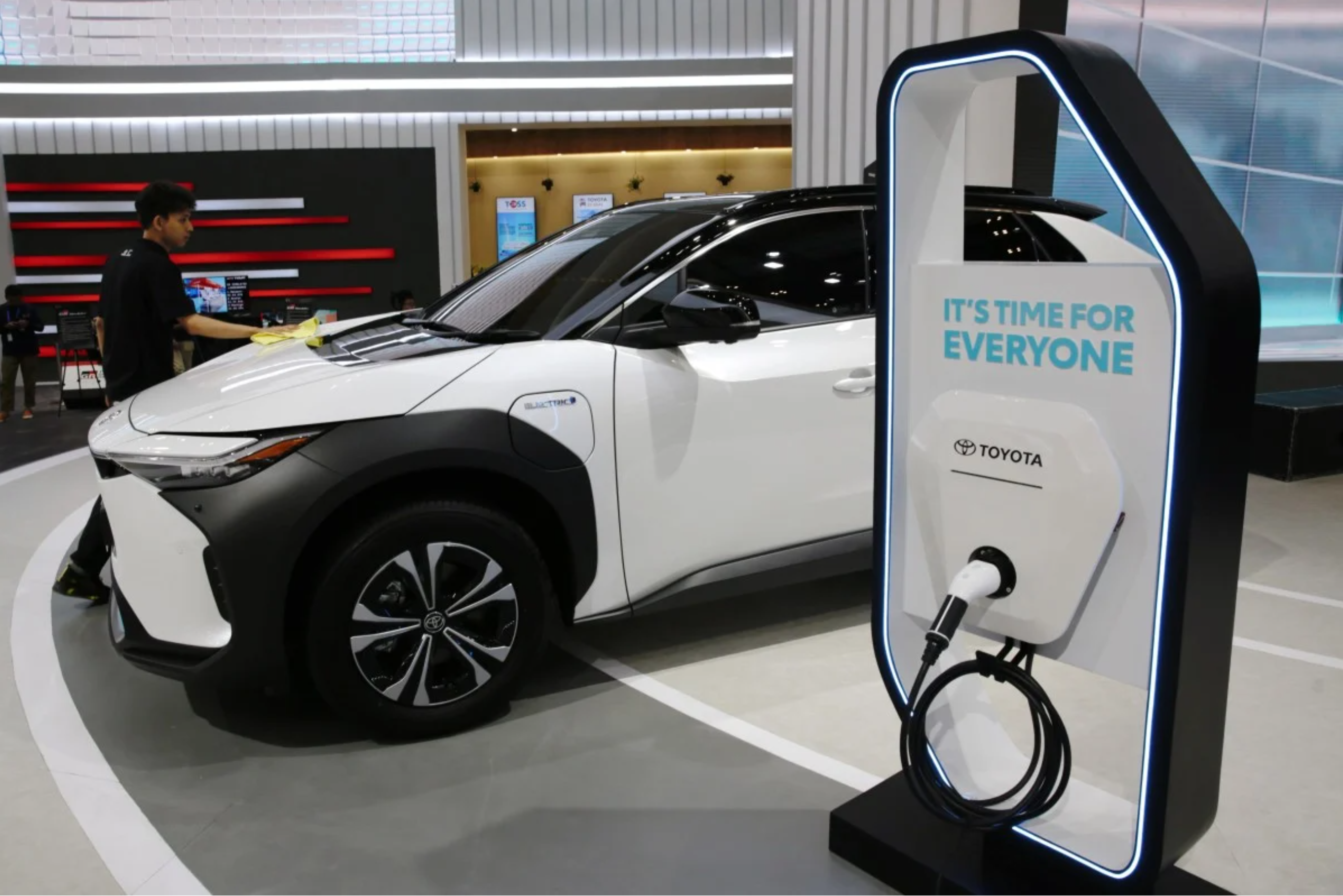It won’t be long till you hear these words coming out of the mouth of an 8-year-old. Because while once, kids pointed slack-jawed and wide-eyed at a new Porsche or Ferrari, now they stop and stare at the Tesla S. Where Audis, BMWs and Mercs used to fill the private school car-park, now it’s Tesla Xs. And the M3 used to be the new talk of the playground. Now it’s the Model 3. Next perhaps, will be the Apple Car.
Perhaps this ‘cool for school’ factor comes from the fact that Tesla is far more than a car manufacturer. Elon Musk, its CEO, was born with a microchip in his mouth, back when he was the co-founder of X.com, the world’s first digital bank — which later merged with Confinity to form PayPal; and since 2008 he’s injected Big Tech thinking into Tesla’s DNA. As a former employee said, “Tesla’s not an automotive company, it’s a tech company that builds cars.”
That quote now points to something even more profound. Because while Tesla has long since been a player in EVs, it’s not the only tech company. Apple, Sony and Foxconn are at various stages of EV development. And standalone EV companies like Lucid and Rivian are either helmed by former Tesla executives, or heavily inspired by their progress. Which all begs the question, is big tech taking over our roads?
Rumours of the Apple Car have been circulating for years, but recent reports suggest they might be firming up. Apple is now working on a fully autonomous self-driving EV. Their AI and Machine Learning chief John Giannandrea is heading up the project, and Kevin Lynch (known for his work on Apple Watch) has also joined the team.
These internal moves are corroborated by the fact that in January, South Korean Lithium-Ion battery manufacturers formed a multi-corporation Apple Car task force, after Apple had visits with several battery suppliers in the region. The only question is, will the Apple Car charging dock be sleek and white? The rest seems written in bitumen.
And while a smartphone and computer company works on one EV, an electronics company famous for its iconic PlayStation gaming console, is developing another. Sony just presented its second EV prototype at this year’s CES: the VISION-S 02, an enhanced version of its SUV sedan. It follows a similar design language, with new aerodynamically clad rims and a distinctive arched roofline visible in its side profile.
Reminiscent of the Tesla Model X in its lines, the Sony SUV is also a seven-seater. It boasts two electric motors that deliver 400kW of power together, and features high-resolution CMOS image sensors to monitor its surroundings, with a Lidar system to more accurately capture three-dimensional space. In other news, Sony also announced plans to set up a subsidiary, Sony Mobility, to explore entering the EV market.
Not to be outdone, another electronics company is entering the EV market: Taiwanese multinational Foxconn, who manufactured the BlackBerry, iPad, iPhone, iPod, Kindle, all Nintendo gaming systems since the GameCube, the PlayStation 3 and 4, and every successor to Microsoft’s first Xbox console. Last year, Foxconn unveiled three prototype EVs at its own Hon Hai Tech Day in Taiwan: the Model C SUV, Model E sedan and Model T city bus. The Model C SUV is 4.64m long, with a wheelbase of 2.86m, which puts it in a highly competitive but also sought-after market segment alongside the likes of the Tesla Model Y.
While eleven centimetres shorter, it will also be offered as a seven-seater, and despite a relatively high cW value of 0.27, a 700km range should be achievable. In 2022, Foxconn plans to build EV factories in the USA and Thailand, where Lithium explorer Pan Asia Metals (ASX:PAM) is based. Production is scheduled to start in 2023.
At the same time, EV startup Lucid Motors is making great strides in the EV market, under CEO and CTO Peter Rawlinson, ex VP of Engineering at Tesla, publicly listing on the NASDAQ in July 2021. Under Mr Rawlison’s big tech influence, deliveries of their debut EV model, the Lucid Air sedan, began in late 2021. With a range of up to 837km, the Lucid Air has the highest range for an EV to date, pushing the long-vaunted Tesla S into a distant second, at 652km.
Lucid Motors has also confirmed it will expand its newly completed factory in Casa Grande by 265,000 square metres, upping its production capacity to 400,000 units a year. The aim is to increase Air production and start manufacturing the brand’s second EV, the Gravity Air, probably in 2023. And the company plans to start supplying Germany in 2022, with other European countries to follow. In the words of Peter Rawlinson, “Lucid Air represents the next generation of EVs and creates new standards for interior comfort, range, efficiency and power.” Watch your rear-view mirror, Elon Musk.
And while there’s no ex Tesla exec heading up rival Rivian Automotive, it’s also become a major player in the arena. Its electric pickup truck, the R1T, rolled off the production line in late 2021. Big tech giant Amazon has now increased its stake in Rivian to around 20% with a large order for 100,000 electric vans specially designed for their delivery program.
Building on this success, Rivian will construct a second US plant to the east of Atlanta, Georgia, producing up to 400,000 EVs a year. Construction is scheduled to begin in 2022 and production in 2024. The company is also in negotiations with the British government about the construction of its European plant near Bristol.
And let’s not forget that Tesla’s success, which has directly or indirectly influenced everyone else’s, comes without spending a single dollar on advertising. Is big tech taking over our roads? Probably. Is it dominating the school recess conversation? Definitely. You’ll know by the look in your kids’ eyes when your neighbour pulls his Apple into the driveway.
Written for Pan Asia Metals by Josh Bryer




